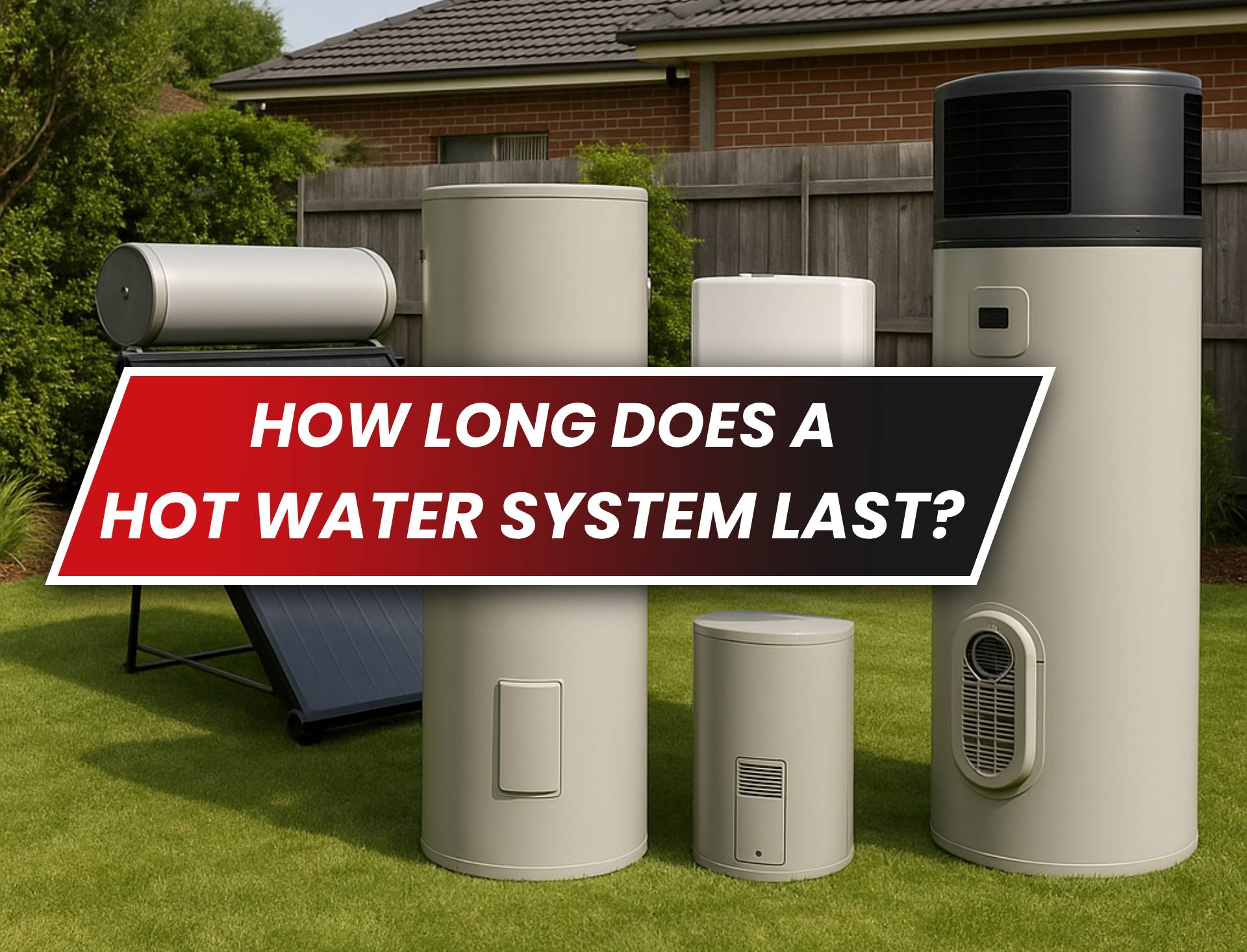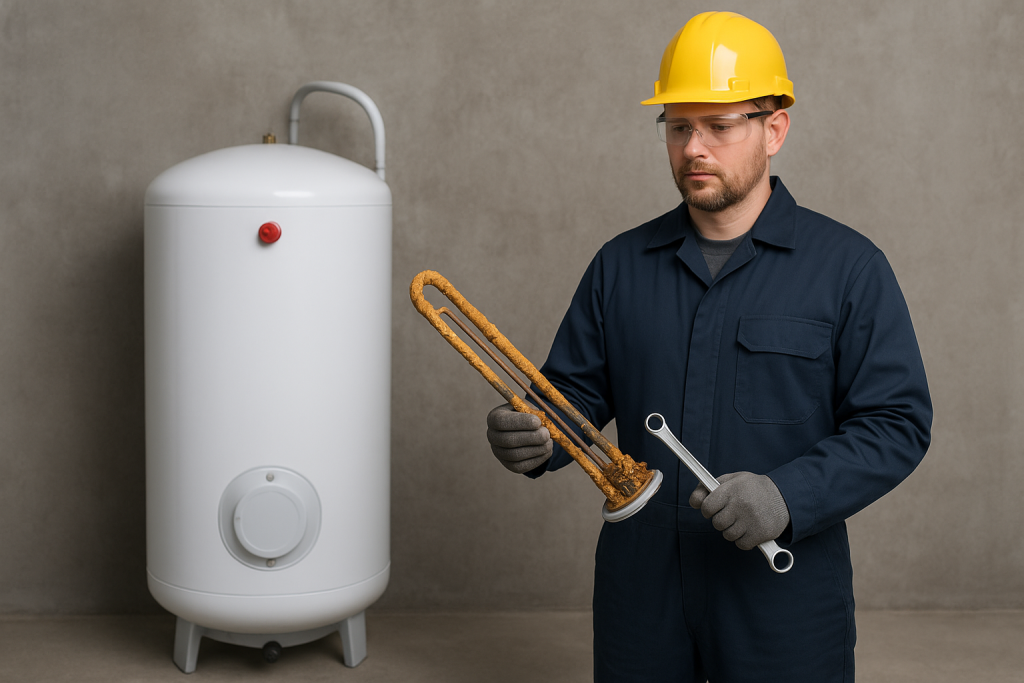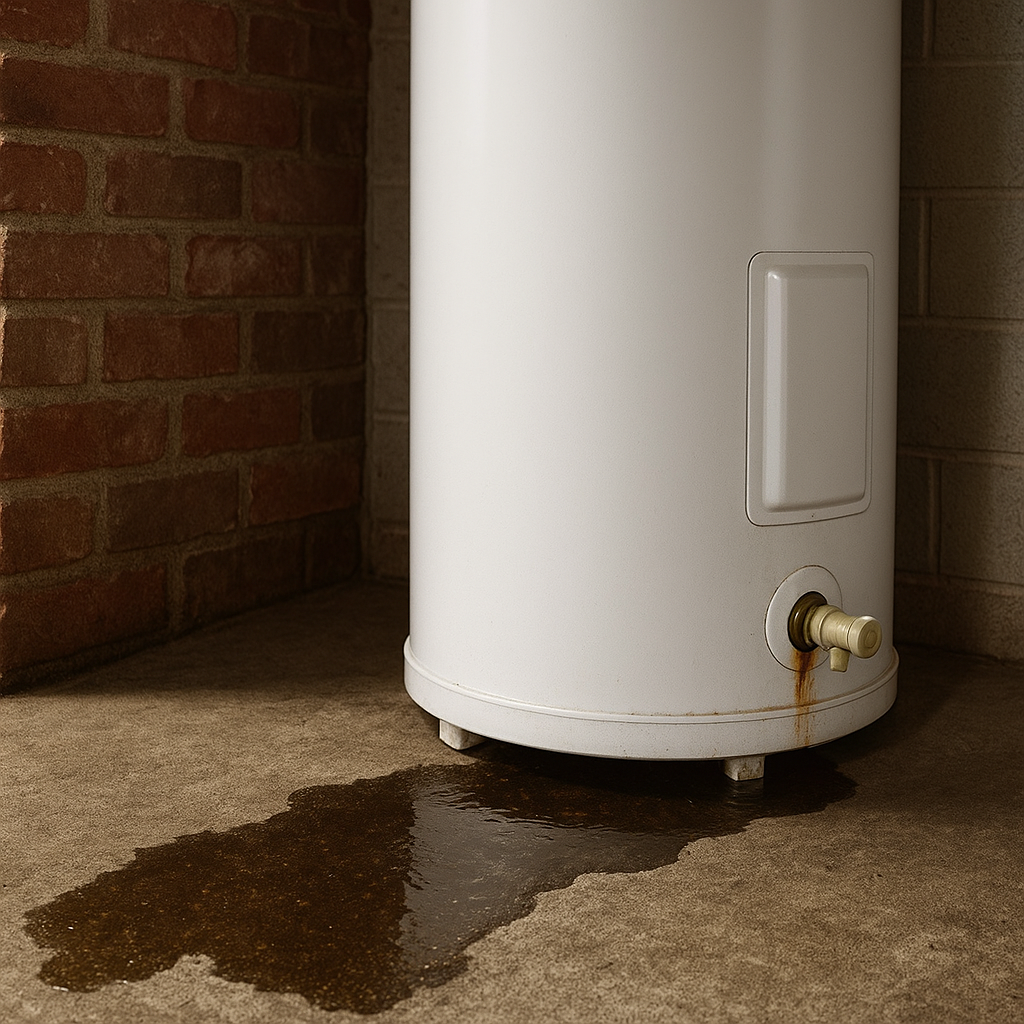How Long Does a Hot Water System Last?
How long does a hot water system last?
It’s not a question most of us think about until the hot water suddenly runs out.
One minute, you’re stepping into a steamy shower, and the next, a blast of freezing water jolts you awake, shampoo still in your eyes.
It’s the kind of rude surprise that makes you wonder, “Did my hot water system just give up without warning?”
The truth is that hot water systems don’t last forever.
Most hang in there for several years, but wear and tear, sediment buildup and lack of maintenance can significantly shorten hot water system lifespan.
The good news?
You can avoid cold-shower catastrophes.
With some basic upkeep and a little awareness, you can spot the warning signs early and plan before things go south.
In this guide, we’ll break down how long each type of hot water system typically lasts, what can cause them to fail early, and how to keep yours running smoothly for as long as possible.
How Long Does a Hot Water System Last? On average, hot water systems last between 8 and 20 years.
That’s a broad range because a lot depends on the type of system, water quality, how often it’s used, and how well it’s been maintained.
Some units are built tough and last well past their expected lifespan.
Others struggle to reach the 10-year mark, especially if they’ve been neglected.
👉 Related Blog: How Long Does It Take for Hot Water to Come Back?
How Long Does a Gas Hot Water System Last? Expected lifespan:
Gas hot water systems heat water quickly and work even during power outages, making them ideal for busy homes.
However, they use combustion, which can cause corrosion and accelerate wear.
Parts like burners and pilot lights may fail over time.
With maintenance, they can last up to 12 years, but usually not as long as electric systems.
Factors Affecting Gas Water Heaters’ Lifespan:
Element failure – Heating elements can burn out over time.
Corrosion – Tanks are prone to rust if the anode rod isn’t replaced.
Hard water – Scale buildup reduces heating efficiency.
Poor insulation – It can force the system to work harder than it should.
No maintenance – This speeds up deterioration.
Gas Water Heater Maintenance Tips:
Get it checked every few years.
Clean the burner and check the flue.
Don’t ignore strange smells or noises—it’s often the first sign something’s off.
How Long Does an Electric Hot Water System Last? Expected lifespan:
Electric hot water systems are affordable and easy to install, with over 50% of Australian homeowners utilising them.
They don’t deal with gas combustion, so there’s less risk of corrosion from exhaust gases.
But they heat more slowly, and the elements can fail over time.
If you replace parts like thermostats and heating elements, they can last longer than gas units.
Factors Affecting Electric Water Heaters’ Lifespan:
Element failure – Heating elements can burn out over time.
Corrosion – Tanks are prone to rust if the anode rod isn’t replaced.
Hard water – Scale buildup reduces heating efficiency.
Poor insulation – It can force the system to work harder than it should.
No maintenance – This speeds up deterioration.
Electric Water Heater Maintenance Tips:
Flush the tank every couple of years.
Replace the anode rod before it’s completely worn.
Check the thermostat and pressure valve regularly to ensure optimal performance
How Long Does a Heat Pump Hot Water System Last? Expected lifespan:
Heat pumps use ambient air to heat water, making them great for energy savings.
They’re more efficient than electric systems, using up to 80% less energy and more eco-friendly than gas, offsetting up to 29 tonnes of CO2 annually.
But they don’t work well in cold or salty environments, so where they’re installed matters.
Factors Affecting Heat Pump Lifespan:
Poor placement – Cold areas reduce efficiency and strain components.
Coastal air – Salt can corrode parts over time.
Blocked filters – Dirty air filters restrict airflow.
Faulty compressor – This can lead to system failure.
No servicing – Lowers performance and shortens life.
Heat Pump Water Heater Maintenance Tips:
Clean or replace air filters regularly.
Inspect the fan and compressor yearly.
Keep the area around the unit free from debris.
How Long Does a Solar Hot Water System Last? Expected lifespan:
Tank/booster: 10–15 years
Solar hot water systems are built to last. The panels can often run for two decades or more with little trouble.
The tank and booster (electric or gas) wear out sooner, but it’s still a good long-term option, especially with rebates.
👉 Related Blog: How to Choose the Best Hot Water System
Factors Affecting Solar Hot Water Lifespan:
Harsh weather – Hail, storms, and UV can damage panels.
Dirty panels – Reduce efficiency over time.
Old booster – The Heating element or gas burner can fail.
Leaky valves – This can lead to pressure issues.
No checks – Early wear goes unnoticed.
Solar Water Heater Maintenance Tips:
Inspect panels every 2–3 years.
Clear off leaves, dirt, and debris.
Check valve function and booster condition.
How Long Does a Tankless (Instant) Hot Water System Last? Expected lifespan: 15 to 20 years
Tankless systems are compact, energy-efficient, and last longer than traditional tanks.
No standing water means less corrosion, but they’re not immune to problems, especially in areas with hard water.
Factors Affecting Tankless Hot Water Lifespan:
Hard water – It causes scale buildup on the heat exchanger.
Poor water pressure – Can damage internal components.
Improper sizing – Overloading the system shortens its life.
No descaling – Efficiency drops fast if it’s never cleaned.
Tankless Hot Water Maintenance Tips:
Descalcify the system annually in hard water areas.
Clean inlet screens and flush the system regularly.
Get a licensed plumber to inspect it every few years.
Signs Your Hot Water System Is Approaching The End Keep an eye out for these red flags:
Water’s not as hot or runs out faster than before.
Strange banging, hissing, or popping noises.
Small leaks or puddles around the base.
The system is over 10 years old and has issues.
Can You Extend Your Hot Water System’s Life? Yes.
Just a little attention goes a long way:
Schedule maintenance every 2–5 years, depending on the water heater type and the manufacturer’s instructions.
Replace the anode rod early.
Install a pressure-limiting valve.
Use a water softener in hard water areas.
When Should You Replace Instead of Repairing? Here’s the general rule:
If repairs cost more than 50% of a new system, and the unit is 8+ years old, replacement is smarter.
Other times to upgrade:
You’ve had multiple repairs in the last year or two.
You want a more efficient system (and rebates!).
👉 Also read: Hot Water System Replacement: Your Essential Guide
Final Thoughts Hot water systems don’t last forever. Most give you 8 to 15 good years, but regular maintenance can help them last longer.
If yours is ageing, making odd noises, or not keeping up with demand, it’s probably time for a check-up or replacement.
Staying ahead of the problems means no nasty surprises when you turn on the tap.
Hot Water Hub Hot Water Hub is your number one source for hot water systems in Australia. With best products, pricing, and customer service, we aim is to offer you the most reliable hot water services for your home and business.
Share This Article on Your Favourite Social Platform



